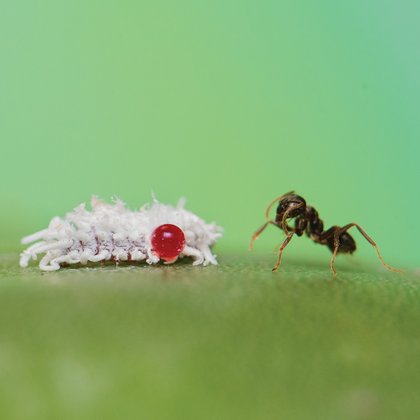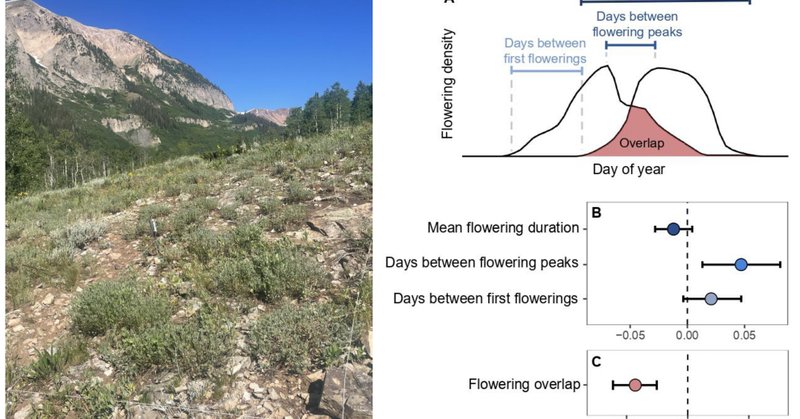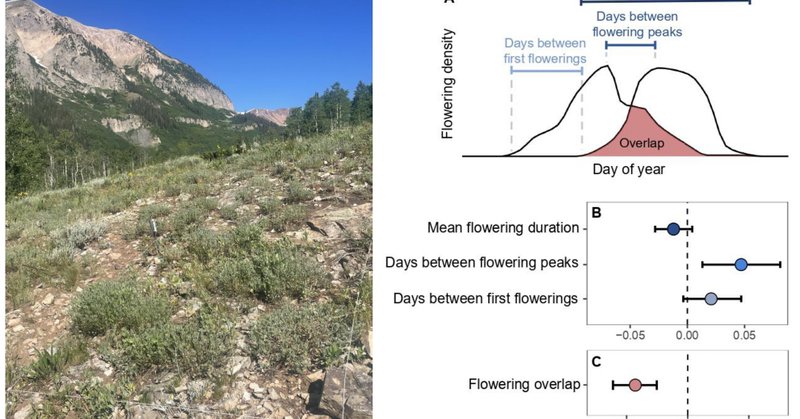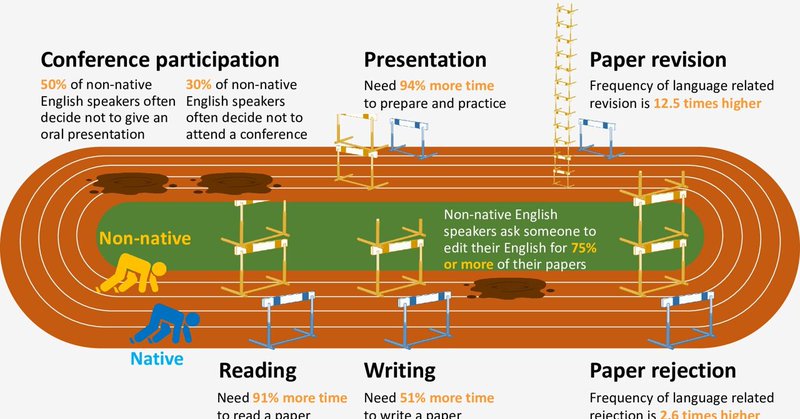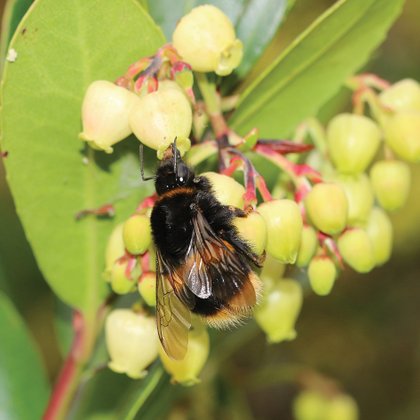
Sébastien Rivest
@SbastienRivest1
Followers
200
Following
244
Media
4
Statuses
69
PhD student in the Forrest lab at uOttawa interested in plant-pollinator interactions, flower evolution, pollen defense & microbes.
Joined December 2019
RT @chickpeaman: Asteraceae pollen reduces larval growth but does not affect survival of adult workers or larvae, nor cause intestinal dam….
link.springer.com
Arthropod-Plant Interactions - The flowering plant family Asteraceae is diverse and its constituent species are common in many habitats worldwide. However, its pollen, although widely available, is...
0
3
0
RT @RSocPublishing: #ProcB Pollen chemical and mechanical defences restrict host-plant use by #bees #OpenAccess #Ec….
0
2
0
We know that plant defences drive the diet of insect herbivores, but what about bees? Here we show that pollen defences can drive the diet of bees! Bees tolerate the defences of their hosts, but not defences from non-host pollen used by other bee species.
royalsocietypublishing.org
Plants produce an array of chemical and mechanical defences that provide protection against many herbivores and pathogens. Putatively defensive compounds and structures can even occur in floral...
0
1
6
RT @TovahKashetsky: My MSc ms is published 🐜🧠 We found that acorn ants get faster at decision-making with experience, but not more accurate….
0
4
0
RT @JEcology: 🌼Warmer springs are associated with lower flowering synchrony among habitat patches within populations in subalpine #flowerin….
besjournals.onlinelibrary.wiley.com
We found that warmer springs are associated with more temporal differentiation in flowering peaks among habitat patches, and less flowering overlap, increasing potential for temporal isolation...
0
7
0
New paper just published! We found that flowering synchrony within populations decreases with warmer springs in subalpine plants.
besjournals.onlinelibrary.wiley.com
We found that warmer springs are associated with more temporal differentiation in flowering peaks among habitat patches, and less flowering overlap, increasing potential for temporal isolation...
0
2
7
RT @asierge: I think a deep debate should be opened in Academia. Most of us played at an enormous disadvantage environment that we never o….
phys.org
English serves as a convenient, common language for science. However, this practice poses insurmountable barriers to those whose first language is not English—the majority of people around the world.
0
27
0
RT @DanielleRutkow: New review paper out now on bee-fungi associations with @rachelvannette and Makena Weston. We discuss some common funga….
0
17
0
RT @tatsuya_amano: How hard is it to do science in a language that’s not your first language? We quantified the severity of #languagebarrie….
0
4K
0
RT @Botanical_: *From the upcoming #Pollen Special Issue*. The pollen virome: A review of pollen-associated viruses & consequences for #pla….
0
16
0
Such a great article by @Ldia_wong about social anxiety in academia and the struggle of navigating social interactions.
"At times, my anxiety has left me feeling inadequate, misunderstood, isolated and uncertain about pursuing a career in academia. On the basis of conversations with other students, I don’t think my experiences are uncommon," says @Ldia_wong.
0
0
4
RT @J_S_Francis: Finally ready to share some of what I have learned about plant microbiomes ove the last couple of years working with @Tob….
0
9
0
RT @kathleenmkay: Fun collaboration with Dena Grossenbacher (not on twitter) in which we use the many transitions from orchid bee to hummin….
0
16
0
RT @renzongxin: Some seaweeds have "pollinators"! New research published this week via @JeffOllerton.
0
7
0
RT @BeneBachelot: No surprise here, but it's great to see more data about it. since apparently not everybody is convinced yet! The inters….
science.org
Straight able-bodied white men are uniquely advantaged in STEM versus equally qualified peers in 31 other demographic groups.
0
4
0
RT @TadashiFukami: New review with Valerie Martin (@wildflower_val ) and Robert Schaeffer (@rnschaeffer) on potential effects of nectar mic….
0
11
0
RT @chickpeaman: Conversion of metabolites from Linden (Tilia) & Strawberry (Arbutus) tree nectar by host (#bumblebee) or microbiome activ….
royalsocietypublishing.org
Antimicrobial nectar secondary metabolites can support pollinator health by preventing or reducing parasite infections. To better understand the outcome of nectar metabolite–parasite interactions in...
0
2
0
RT @Ldia_wong: Paper by @SaveWildBees on negative effects of ‘bee washing’ on wild native bees… .
0
23
0

